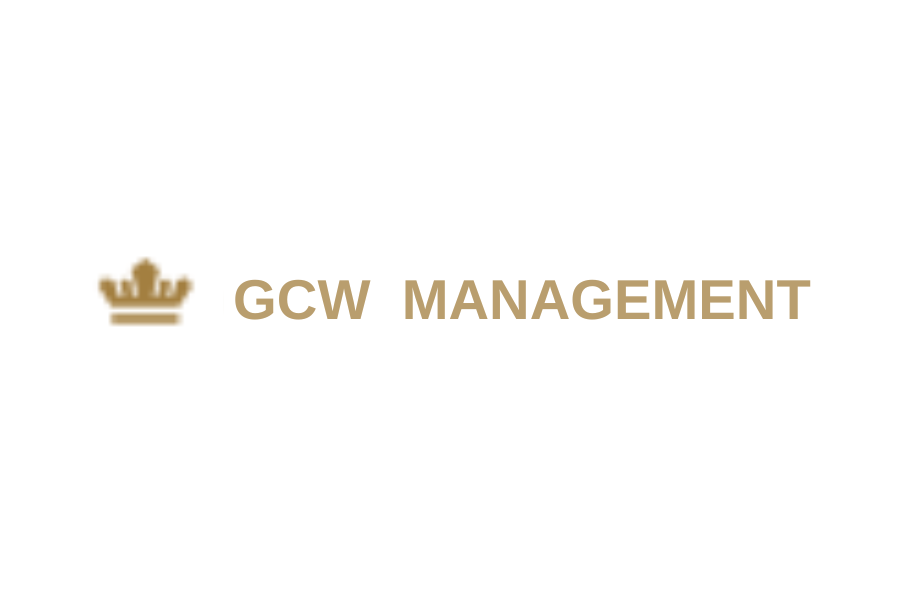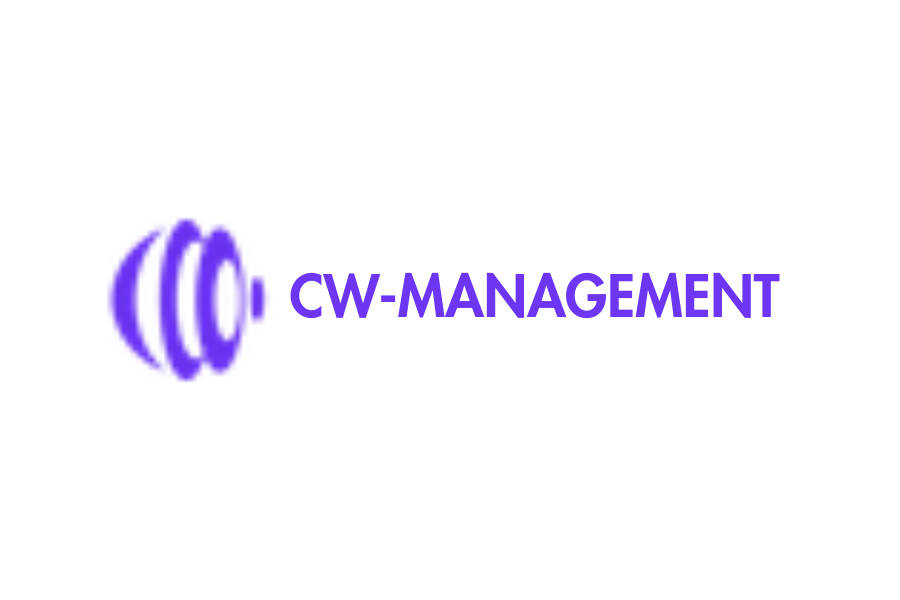Tech companies in the United States continue to integrate blockchain solutions in their businesses, and Verizon is the latest to take such a step. Not too long ago we’ve seen how Microsoft had chosen the Lition blockchain and recently Verizon announced two new administration and identity access systems based on the DTL.
VID and VMSI announced
In this case, the blockchain had been used to model the Verizon Identity (VID) and the Verizon Machine State Integrity (VMSI). The former is used to encrypt identity information and subsequently distribute it through multiple servers, eliminating the centralization of data, a vulnerable point in case of cyberattacks. Verizon ID will allow users to store sensitive access credentials in a secure digital environment on their smartphones.
Secondly, the Verizon Machine State Integrity had been created following a 2019 report related to Data Breach, which had shown 29% of the breaches under investigation where related to stolen credentials. This solution will obtain operational data from fully decentralized environments, monitoring on a constant basis a structure of servers, routers, gateways, and others.
The Executive Director and Chief Product Officer at Verizon Business, Alex Schlager, spoke about cybercrime and some of the results provided by the “2019 Data Breach Investigations Report”:
Cybercrime is a daily threat to every organization and government across the globe. Our 2019 Data Breach Investigations Report highlighted that financially motivated cyberattacks are increasing across the board, and that C-level executives are increasingly and proactively targeted by social breaches, linked to stolen credentials.
Speaking of availability, the Verizon Identity feature will be at the disposal of global clients, while the Verizon Machine State Integrity will be available for the US only starting with Q2 of 2020.
Blockchain to secure the internet?
Rather than thinking about the technology’s use for cryptocurrencies, big companies are focusing on creating blockchain solutions that can further improve the quality of their existing services. Since companies like Telegram or EOS, two of the largest ICOs on record, can’t manage to implement their projects effectively and have to deal with regulatory issues, there’s no point in big businesses to get exposure to the cryptocurrency industry.
We continue to notice a big gap between the interest in blockchain solutions that have nothing to do with cryptocurrencies and the actual digital currency market. The lather continues to lag behind mainly because of the lack of regulation and the uncertainty surrounding new promising projects that are unlikely to deliver on their promises.














